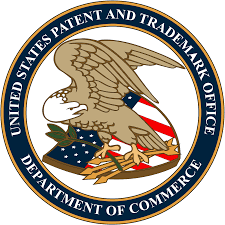Taglines — short phrases associated with a product – are important parts of marketing. There are many famous and effective registered taglines: “We try harder;” “Just do it,” “Double Your Pleasure,” “Think Different,” “What’s in Your Wallet?”
Taglines, like all good trademarks, enhance the connection between the consumer, the product and the source of the goods or service. But some products are predominantly vehicles for expression. For example, short phrases frequently appear on greeting cards, t-shirts, and bumper stickers. Registered taglines such as, “Make America Great Again.” “Imagine.” “Resist and persist until 2020” present legal problems: They are not really used to associate the expression with a brand; they use legal branding protections (trademark rights) in a bid for exclusive expressive rights.
But copyright law governs ownership of expression and copyrights clearly do not extend to short phrases, titles of songs, poems or books. Copyright leaves short phrases and titles in the public domain. So, attempts to use trademark law to gain protection of a short phrase may be perceived as an “end run” around copyright.
We understand the creator’s desire to find a way to create private property rights in their creations. There’s a sense that whoever creates something should own it and that “copycats” should be discouraged. But there is also a societal interest in free expression and that expression is what truly broadens the cultural vocabulary. And this broad use sometimes benefits the creator or popularizer of a phrase. For example, in the late ‘60’s, a TV show called “Laugh In” turned the phrase, “Sock it to me” into cultural currency. For many years, the stars of Laugh In “owned” that term – but not in the legal sense. “Sock it to me,” was so broadly associated with Laugh-In that every other use seemed to inure to the fame of Laugh In.
Creative businesses sometimes need protection of their creations but sometimes, they need broad dissemination of their creative output. Leveraging creative output requires a nuanced understanding of the available legal options in a world where expression is increasingly fast and ubiquitous. At Kennyhertz Perry, we “get” creativity and we’re ready to add ours to yours to accomplish your business goals.
To learn more about Kennyhertz Perry, LLC, please visit kennyhertzperry.com.
*The choice of a lawyer is an important decision and should not be based solely upon advertisements.


